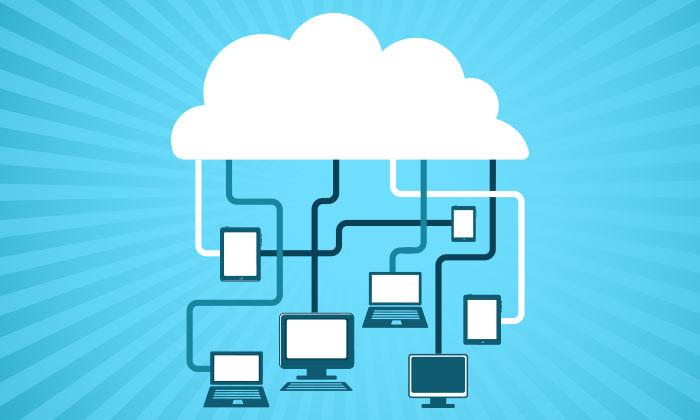
22 Aug Is a cloud HR management system as useful as it seems?
Written by Jerene Ang, first published by humanresourcesonline.net
While cloud-based technologies have the potential to revolutionise the HR function, this requires more than simply plugging into the cloud – people, processes and technology need to be successfully integrated in order to realise the greatest benefits from a cloud HR management system (HRMS).
According to the recently released KPMG 2016 Global HR Transformation Survey, of 854 HR executives from 52 countries surveyed, 42% are intending to replace their current HR system with a cloud-based one.
However, the survey also pointed out that HR’s high expectations for cloud computing to deliver revolutionary business benefits are largely failing to materialise. While 69% of organisations said they looked forward to better functionality and 63% of respondents expected improved “value-added” benefits to the business, only 24% reported that cloud HR brings the ability to reconfigure the HR function to drive great business value.
Despite expectations for cloud HR to deliver new value to the bottom line, the majority of benefits being realised with existing cloud HRMS implementations are more tactical in nature. That includes increased use of manager and employee self-service (57%) and improved processes and process management including workflow (53%). Somewhat more strategic is improved access to management information (53%).
It is important to note, however, that for each of these three benefits, respondents using cloud-based HRMS scored them between 14-21% higher than those using legacy, on-premise HRMS systems. Fewer than one-third of respondents using cloud and on-premise HRMS cited easier integration with other applications or the easier system maintenance that they expected as a benefit.
“Investment in cloud technology continues to soar, but it is clear that many organisations still need to implement intelligently designed strategies that are crucial in maximising cloud computing’s impact,” said Michael DiClaudio, advisory principal in KPMG’s US people and change practice. “Unfortunately, some HR functions are ‘hitting the wall’ and getting stopped in their tracks due to their narrow focus on new technology.”
On the bright side, 20% of businesses reported improved availability of workforce analytics – including predictive analytics, and 13% reported improved collaboration and feedback between employees. Robert Bolton, partner, KPMG’s Global HR Center of Excellence, and a report author, said: “Businesses need to overcome the common impulse to simply plug into new technology – what’s missing is a clear vision for the future of HR and strategic change management that brings the vision to life by integrating people, processes and technology.”
As part of the survey, these are some of the comments made by HR practitioners:
Fiona Cicconi, EVP HR, at biopharmaceutical company AstraZeneca: “Our implementation of cloud technology has brought great value, but at the end of the day, cloud is just a tool. You need the right processes, skills, culture and behaviours in place for successful change.”
Julie Scott, COO of group HR at global insurance and asset management firm AXA: “Our HR transformation has been very positive to date, but it certainly has not been a matter of simply plugging into new cloud technology – far from it. Our adoption of cloud was initially an IT project – today, it’s a very thorough change-management exercise.
Paul Tarlinton, director of people solutions and change at Australia’s AMP, a specialist wealth management company: “We’ve changed what HR was about — shifting the emphasis from ‘steward and operator’ to ‘strategist and catalyst’ — and we are now focused on building a more agile organisation… The organisation today is engaged in an ongoing shift in the HR function, from personnel management to business enablement.”

Subscribe for the best of HR Management direct to your inbox:

No Comments